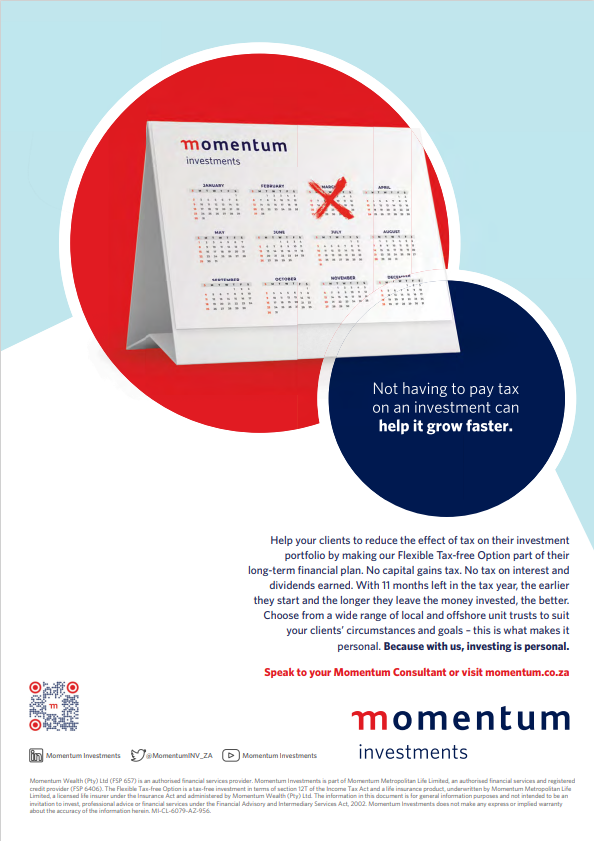Vanessa Rogers and Katherine Graham on behalf of Indwe Risk Services
From a few thousand rands per month, medical indemnity cover has soared to over R1 million per annum for most health-care practitioners. But our medical specialists, specifically, should not be punished for making themselves available to deliver babies or perform other high-risk procedures.

In 2020, CapeTalk interviewed South African Society of Obstetricians and Gynaecologists (SASOG) council member Dr Johannes van Waart on the volume of highly trained and experienced obstetricians and gynaecologists who were emigrating to avoid what they saw as an astronomical rise in insurance premiums.
To put things into context, an anonymous obstetrician from Tamboerskloof, Cape Town, then called is to say: “A few years ago, our insurance premiums were a few thousand rands per month. Now, they are at least R1.3 million per annum. This means your first 10 deliveries of the month are just paying towards medmal insurance.”
Topical, controversial, real… Most definitely, but the first thing a medical specialist in a high-risk category seeking professional indemnity needs to understand is the difference between an occurrence-based and a claims-made insurance policy, what gaps may transpire when changing from one to the other, and whether the indemnity cover they have in place matches their risk profile. With appropriate advice, it is possible to be adequately insured without your premium putting you out of pocket.
Definitions and providers

Occurrence-based: This type of policy provides protection for claims that arise from any incident that may occur while you are a policyholder, irrespective of when that claim is made. It includes the time after the policy has been cancelled, including throughout your retirement.
Claims-made: The type of policy, on the other hand, must be in force at the time the claim is made and will not attach if it has lapsed, expired, been cancelled and not renewed, or has been otherwise terminated for any reason whatsoever. At all times, the cause of action giving rise to the claim must have arisen on, or after, the retroactive date. However, each claim must be reported to the insurer when the insured individual becomes aware of it, within a minimum of 30 days. If the claim is not notified and the professional moves to an alternative claims-made policy, he or she will need to purchase retroactive cover.
Retroactive: This type of cover ensures that you are protected against claims of which you are currently unaware, which may arise from healthcare incidents that occurred prior to the taking out of a new policy – but not before the retroactive date.
Note: PPS, Aon and Genoa offer only claims-made cover; while EthiQal is the only local insurer to provide both claims-made and occurrence-based cover.
Occurrence-based versus claims-made – how not to be caught out
Both policy types, if structured correctly, will cover a medical specialist adequately for their medical malpractice needs. However, there are slight differences, as have been identified in the fact box above.
With an a claims-made policy, your medical insurance will cover your medmal claim at the time the procedure or occurrence took place, if reported and while still active. With an occurrence-based policy, on the other hand, your insurer is liable for the claim regardless of when it was made (although, of course, this does not apply to the time prior to the inception of the policy). This is particularly important for you to note when changing from one insurer to another – i.e. when identifying who received the premium in the year when the occurrence took place or the claim was made against you. The claim, however, must be reported to your claims-made insurer.
For clever specialists and their even more astute advisors, the claims-made approach is considered more modern and cost-effective – so it tends to be the more popular of the two options. Taking out this sort of policy also means that you can move across from an occurrence-based policy to a claims-made policy, without any significant coverage gaps being created.
However, it is worth noting that on retirement, an occurrence-based policy will continue to cover the procedures you performed during the policy period. On the other hand, a medical practitioner on a claims-made policy will require some form of run-off cover once their policy has expired, been cancelled or they retire.
Be sure to ask your broker about the possibility of an extended reporting period (ERP), which will set you up for continued coverage of negligence claims – even after you have ceased to practise.
On the money – fees should be risk-dependant
Sure, a medical practitioner ****can check whether they are being ****over- or under-insured by using the online “quote” offerings of the most reputable insurance providers in our market. But what they’ll essentially want to have in their corner when a medical malpractice claim is laid against them, is an insurer who offers the best possible legal assistance and has assessed their unique risk profile astutely at the outset, so that the cover in place is more than just adequate.
It is therefore worth seeking out and choosing a product, and indeed a brokerage, that has many years of experience behind them – so that affordability and risk are always perfectly balanced.
Medical malpractice insurance is a complicated game. You’ll need to go with your gut, but also to use your savvy in terms of ensuring that sufficient cover is in place without it seeming astronomical for the type of medicine that you practise – or the skills you are confident of imparting to your patients on, or off, the surgical table.
Minimum recommended cover Dietician – R1 million Caregiver – R2,5 million Nurse – R5 million General Practitioner – R20 million
Surgeon (high-risk) – At least R30 million
sources
- https://www.saipa.co.za/guidelines-professional-indemnity-cover/
- https://www.profnetmedical.co.za/media/1136/profnet-medical-malpractice-scheme-policy-explained-oct-2015pdf.pdf
- https://genoa.co.za/medical-malpractice-insurance-for-medical-practitioners/
- https://ethiqal.co.za/wp-content/uploads/2021/03/Specialist-Application-Form-1.pdf
- http://www.capetalk.co.za/articles/373786/obstetricians-leaving-sa-as-insurance-premiums-rise-to-a-r1-million-a-year
- SASOG Medico-Legal Committee Notes – Available indemnity insurance options to Obstetricians and Gynaecologists in South Africa


